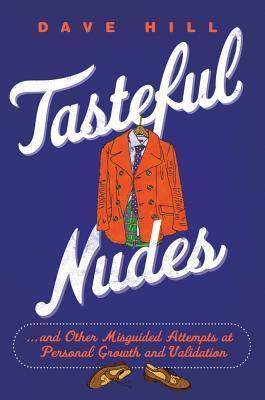
Egghead; or, You Can't Survive on Ideas Alone
Book Description
Ideas light up the stage, but what happens when the spotlight fades? In "Egghead; or, You Can't Survive on Ideas Alone," Bo Burnham plunges into the chaotic world of creativity, juxtaposing wit with vulnerability. This collection of sharp, provocative essays and sketches unearths the struggle of turning brilliant concepts into tangible reality while wrestling with self-doubt, societal expectations, and the pursuit of authenticity. Each page crackles with humor and introspection, leaving readers questioning the very essence of success and fulfillment. Can brilliance truly thrive without the ground beneath it?
Quick Book Summary
"Egghead; or, You Can't Survive on Ideas Alone" by Bo Burnham is a singular blend of poetry, prose, and satirical sketches that explore the intricacies of the creative mind. With signature wit and candor, Burnham exposes the tension between inspiration and execution, poking fun at the preciousness of artistic genius while reflecting on vulnerability and the cost of ambition. The collection invites readers into the absurd and sometimes dark underbelly of creativity, using humor as both shield and scalpel to dissect anxieties about validation, originality, and meaning. Through playful experimentation and poignant self-awareness, Burnham delivers a meditation on art, morality, and what it means to share oneself in the world, leaving the reader with laughter as well as lingering questions about authenticity and existential purpose.
Summary of Key Ideas
Table of Contents
The Conflict Between Ideation and Action
The book opens by exploring the fertile gulf between having ideas and making them real. Burnham’s poems and sketches revel in the moment of inspiration, only to quickly unravel the fragility of imagination. Readers are treated to clever wordplay, double meanings, and parodic jabs at the creative process itself, mirroring how quickly the brilliance of an idea can become elusive or overwhelming. Here, Burnham establishes that even the sharpest wit is weighed down by the difficulty of transforming thoughts into tangible art.
Humor as a Coping Mechanism for Self-Doubt
Humor emerges as both a weapon and a shield, meant to deflect piercing anxieties about worth and self-expression. Many poems spiral into absurdity, as Burnham satirizes not only his own insecurities but the broader impulse to deflate one’s own ambitions through laughter. Self-deprecation becomes a recurring motif, transforming doubt into punchlines. By exposing his own foibles, Burnham forges a bond with readers coping with similar uncertainties, using comedy to traverse psychological terrain too raw to touch otherwise.
Interrogating Authenticity and Validation
The collection scrutinizes the longing for authenticity, staging a tug-of-war between honesty and performance. Burnham toggles between earnest self-exposure and exaggerated persona, asking whether art can ever be truly genuine if it seeks an audience’s approval. These sections oscillate between confessions and hyperbolic gestures, offering insight into the artist’s endless search for meaning, while simultaneously undermining the seriousness of that quest with irony and playful skepticism.
Satire of Societal Expectations
Burnham’s satirical lens turns outward to poke fun at societal norms, ambition, and the myth of effortless genius. He lampoons pretension in art and culture, drawing attention to arbitrary rules and performative standards of success. By exaggerating these tropes, he exposes their absurdity while questioning why we exalt certain forms of creativity. These reflections invite readers to laugh at, but also reconsider, the metrics by which we judge ourselves and others.
The Vulnerability Inherent in Creativity
Underlying the humor and satire is a vein of deep vulnerability. Even as Burnham toys with language and logic, a sense of longing for connection and meaning persists. The collection’s raw moments—exposing fear, loneliness, or uncertainty—balance its ironic detachment. In the end, readers are left pondering whether inspiration alone is enough, or if the real measure of creativity lies in embracing the messy, uncertain work of being human.
Download This Summary
Get a free PDF of this summary instantly — no email required.





